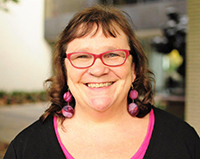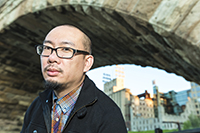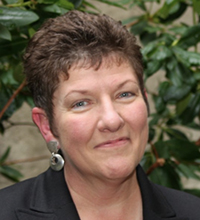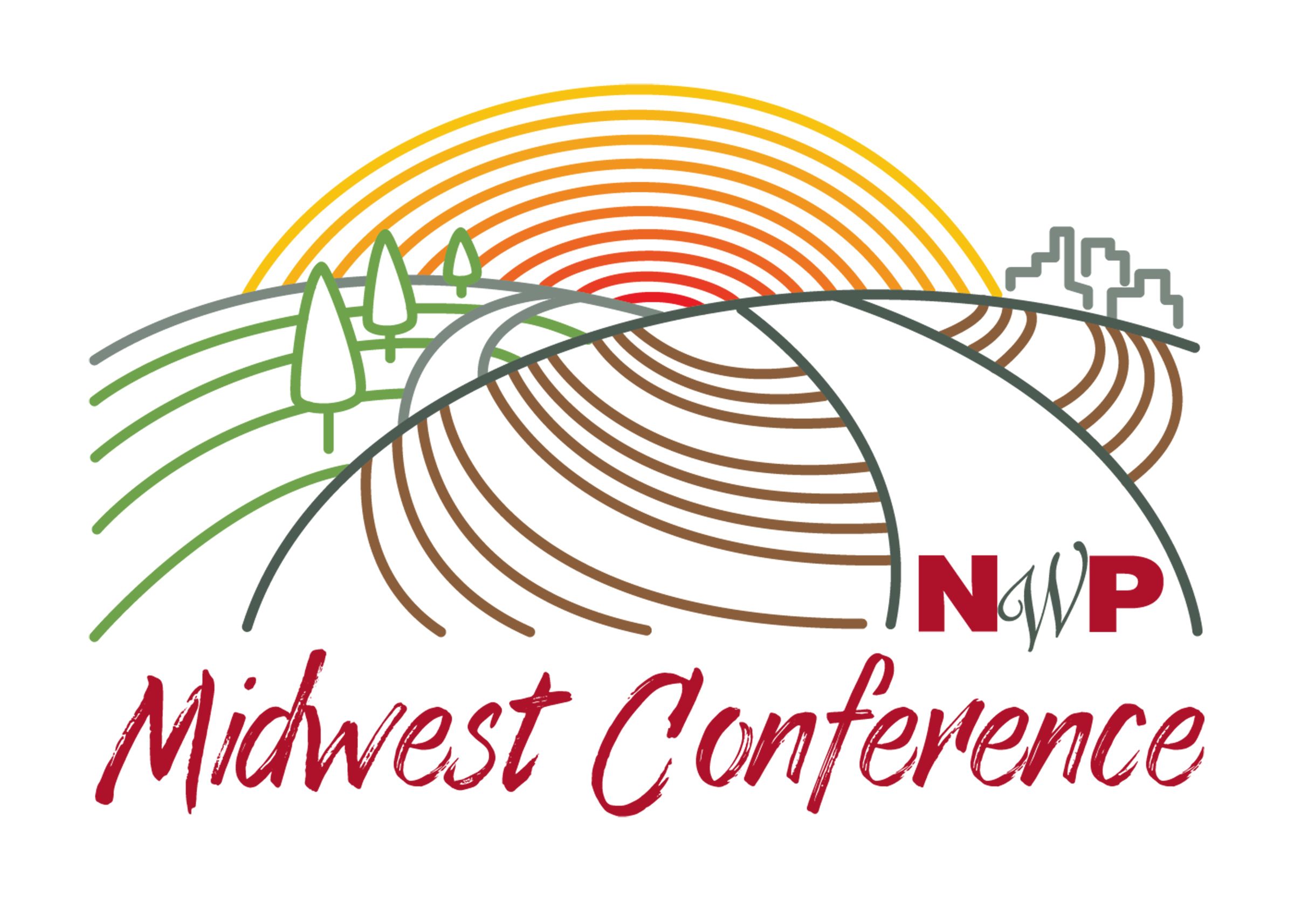- Campuses :
- Twin Cities
- Crookston
- Duluth
- Morris
- Rochester
- Other Locations

center for writing
mwp.umn.edu
2019 NWP Midwest Conference: Race, Writing, and Power
Friday, August 2, and Saturday, August 3, 2019
Join us for the second annual National Writing Project Midwest Conference on the University of Minnesota campus! Connect with educators across multiple teaching contexts (classrooms, community-based settings, artistic spaces) to teach and learn with one another about race, writing, and power.
Register today!
See our conference program here. Printed copies will be available at registration.
Featuring keynote speakers Maria Asp and Bao Phi
 Maria Asp has been with The Children’s Theatre Company’s Neighborhood Bridges program since its beginning and serves as the Program Director. As an actor, Maria has appeared in twenty-three productions at Frank Theatre, including The Cradle Will Rock, and The Love Song of J. Robert Oppenheimer. Maria is also an arts organizer and educator and is part of the Million Artist Movement.
Maria Asp has been with The Children’s Theatre Company’s Neighborhood Bridges program since its beginning and serves as the Program Director. As an actor, Maria has appeared in twenty-three productions at Frank Theatre, including The Cradle Will Rock, and The Love Song of J. Robert Oppenheimer. Maria is also an arts organizer and educator and is part of the Million Artist Movement.
 Bao Phi is the author of A Different Pond, a picture book which received a Caldecott honor, an Ezra Jack Keats new author honor, the Charlotte Zolotow award for excellence in children's book writing, and six starred reviews, and two collections of poetry, Thousand Star Hotel and Sông I Sing, both of which are taught in classrooms across the country. He was Minnesota Monthly's Author of the Year 2017 and City Pages' Best Author 2018. He continues to tour as a featured guest speaker and artist across the country. He is the program director of events and awards at the Loft Literary Center. (Photo credit: Anna Min.)
Bao Phi is the author of A Different Pond, a picture book which received a Caldecott honor, an Ezra Jack Keats new author honor, the Charlotte Zolotow award for excellence in children's book writing, and six starred reviews, and two collections of poetry, Thousand Star Hotel and Sông I Sing, both of which are taught in classrooms across the country. He was Minnesota Monthly's Author of the Year 2017 and City Pages' Best Author 2018. He continues to tour as a featured guest speaker and artist across the country. He is the program director of events and awards at the Loft Literary Center. (Photo credit: Anna Min.)
With welcoming remarks from Dr. Elyse Eidman-Aadahl
 Elyse Eidman-Aadahl is Executive Director of the National Writing Project (NWP), where she draws upon 15 years of experience designing and leading national programs, partnerships, and action-learning efforts for the NWP and other educational organizations.
Elyse Eidman-Aadahl is Executive Director of the National Writing Project (NWP), where she draws upon 15 years of experience designing and leading national programs, partnerships, and action-learning efforts for the NWP and other educational organizations.
A recipient of the Hollis Caswell Award for Curriculum Studies, Eidman-Aadahl holds a Ph.D. in curriculum theory from the University of Maryland, College Park ![]() . Her scholarship includes studies of literacy and learning in the context of our new digital, networked ecology. A main focus of Eidman-Aadahl's research is how educators from diverse backgrounds research and reason together about this social transformation—as well as literacy, equity, and agency—for themselves and their youth. She is a broadly published author and presenter, well-known for co-authoring Because Digital Writing Matters
. Her scholarship includes studies of literacy and learning in the context of our new digital, networked ecology. A main focus of Eidman-Aadahl's research is how educators from diverse backgrounds research and reason together about this social transformation—as well as literacy, equity, and agency—for themselves and their youth. She is a broadly published author and presenter, well-known for co-authoring Because Digital Writing Matters ![]() (Jossey-Bass, 2010) and Writing for a Change: Boosting Literacy and Learning through Social Action
(Jossey-Bass, 2010) and Writing for a Change: Boosting Literacy and Learning through Social Action ![]() (Jossey-Bass, 2008).
(Jossey-Bass, 2008).
Location
University of Minnesota–Twin Cities (15 Nicholson Hall)
Registration
Register here!
Early Registration: Feb 15 - July 1: $175
Regular Registration: July 2 - 29: $200
Housing
1) The Graduate Hotel is the closest hotel to the conference site. There are two ways to reserve your room:
- Call 612-379-8888, Press 1 for Reservations.
- click here.
2) Dorm rooms in Frontier Hall (a UMN residence hall) are available at $57/night for a private room, or $46/night for a shared room. Click here to make a reservation; you will need to create your own username and password in UMN Housing and Residential Life's Iris reservation system. Once you've created an account, you'll see options, including requesting a roommate and reserving an overnight parking spot ($9/day for guests staying in the dorms). Questions? Call Conference and Event Services at 612-625-9090.
Conference Schedule At-a-Glance
Friday
8:00-8:30 Writing into the Day with Breakfast
8:30-10:30 Writing Marathon
10:45-11:00 Welcome from Elyse Eidman-Aadahl
11:00-12:00 Keynote with Maria Asp
12:00-1:00 Lunch
1:15-2:30 Breakout #1
2:45-4:00 Breakout #24:15-5:15 Social Hour @ Annie’s Parlor and the Kitty Cat Klub
Dinner on your own
Saturday
8:00-9:00 Writing into the Day with Breakfast
9:00-10:15 Breakout #3
10:30-11:45 Breakout #4
12:00-1:30 Lunch + Keynote with Bao Phi
1:45-3:00 Breakout #5
3:15-4:00 Reflecting on the conference and looking ahead to the next NWP Midwest Conference
Call for Proposals
The Minnesota Writing Project is excited to host the National Writing Project 2019 Midwest Conference here at the University of Minnesota campus August 2–3, 2019. The planning committee seeks proposals from educators across multiple teaching contexts (classrooms, community-based settings, artistic spaces) to teach and learn with one another about race, writing, and power. Our goal is to make this an opportunity to showcase the powerful work educators are doing in their classrooms and communities, and to teach and learn with one another about the implications of race and power in our teaching of literacy. Less about presenting one-size-fits-all solutions, this conference aims to support teachers as they raise questions, suggest possibilities, and create supportive and critical spaces for tough conversations as we work towards equitable literacy education.
We invite proposals for workshops, teaching demonstrations, performances, panel presentations, and roundtable conversations that explore what it means to teach reading, writing, speaking, and listening and the impacts of race and power on this work. We especially encourage proposals for sessions that are participatory. Proposals might consider any of the following questions or others related to the theme:
- How do we engage writers in conversations that matter to them?
- How do we talk about race, identity, power, and/or privilege without doing harm?
- How can we help students learn to read sources and research critically?
- What roles can reading, writing, storytelling, and performance play in challenging existing structures of
power and privilege, and in opening up new possibilities? - How can we create educational spaces that invite access and belonging?
- How might we bridge the gaps between in- and out-of-school writing and learning?
- How can we create opportunities for youth to be engaged in civic and community work (e.g. YPAR,
community organizing, social action projects, maker spaces, artistic performances)? - How can we teach students how to make well-reasoned, evidence-based arguments in an often polarized
debate culture? - How can we forge sustainable partnerships within and across institutions?
- How do we care for ourselves, our fellow educators, and our students in the difficult work of teaching and
learning? - How do we do this while holding our institutions accountable?
- Where do we find hope and inspiration to sustain ourselves in the work of teaching, learning, and leading?
Session formats
Conference sessions are 75 minutes in length.
- Workshop: In these highly interactive sessions, one or more presenters facilitate activities that encourage educators to practice, experiment, brainstorm, reflect, design, or otherwise interact together to grow and improve their practice.
- Teaching demonstration: One or more educators model a lesson from their current teaching practice, engaging participants in the activities and reflecting on how such lessons might work in different contexts.
- Roundtable discussion: These sessions feature 3-4 speakers and a moderator, with a discussion organized around a specific topic or question. After presenters speak, the moderator facilitates a discussion among presenters and audience members.
- Individual presentation: 15-minute presentation on some aspect of one's teaching, research, and work in education. NOTE: Individual presentations will be grouped together by the conference planning committee and given a moderator to create a full 75-minute session.
- Panel: A team of 2-4 educators present aspects of their teaching, research, and work in education organized around a shared topic or theme, engaging the audience in Q&A.
- Performance: A presentation involving theater, music, reading, dance, or something else. This may also be participatory. The performance may take the entire session or may include opportunities for the audience and artist(s) to process in some way.




